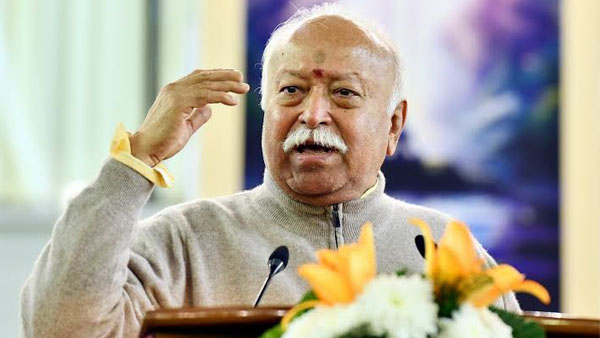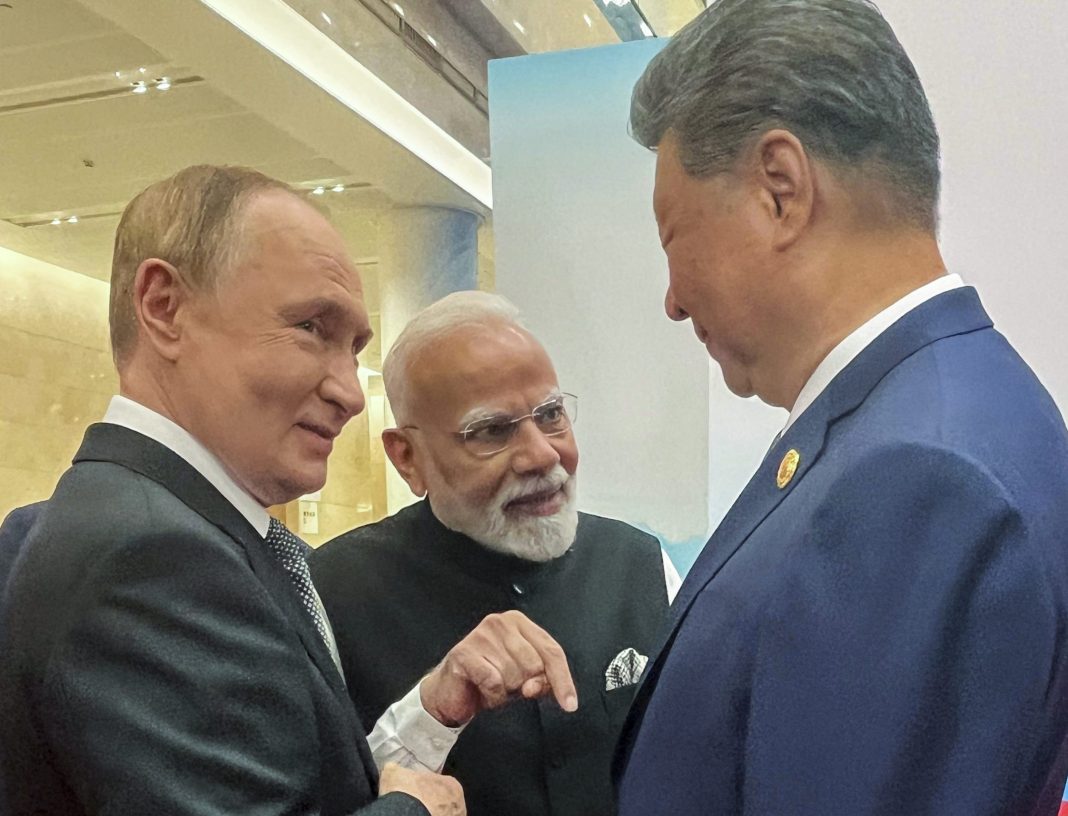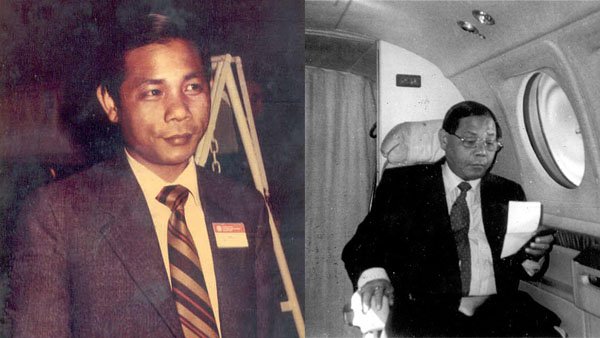By Manoranjana Gupta
At its centenary conclave in New Delhi, the Rashtriya Swayamsewak Sangh (RSS) put down a marker for the nation. Over three days of addresses—and a rare press conference on the fourth—RSS chief Dr. Mohan Bhagwat blended civilisational self-confidence with constitutional pragmatism. His message was unmistakable: India must bargain with the world on her own terms, protect social justice through reservations, uphold law over mob fury, and maintain “matbhed” (differences) with elected governments without letting it fester into “manbhed” (bad blood). Translation: the Sangh is not stepping back—it is redrawing the terms of engagement.
Civilisational Unity, Not Siege
Bhagwat opened the centenary by anchoring Hindu identity in inclusive belonging. He reminded audiences that the Sangh’s vision of Bharat Mata is not territorial chauvinism but cultural and spiritual inheritance. In one of the conclave’s most-quoted lines, he said:
“Living in harmony is our culture. The people of undivided India have possessed the same DNA for over 40,000 years.”
This was a message of civilisational continuity—unity as historical fact, not merely political aspiration. To critics who allege division, Bhagwat’s rhetorical reversal was striking: “Why talk of Hindu-Muslim unity when all are same, we all are Indians.”
Swadeshi as Sovereignty, Not Isolation
On the second day, Bhagwat pivoted to economics. He rejected autarky and defined swadeshi as leverage, not blockade.
“We will import only life essentials not made domestically. Trade must be voluntary, not coerced. Our will, not compulsion, should define our choices.”
This dovetailed with grassroots campaigns by the Swadeshi Jagran Manch and offered an ideological anchor for the “Vocal for Local” mobilization.
Justice, Demography & Lawful Order
Reservation Till Needed
“Reservation will stay till beneficiaries do not feel its need. The caste system has no relevance today—whatever is outdated will go.”
Three-Child Norm for Balance
“All scriptures say that societies with very few children gradually disappear. Two becomes less than replacement. For balance, it must be three.”
Jobs for Citizens, Not Intruders
“We should not give jobs to illegal immigrants; we should give jobs to our own people, including Muslims.”
Police Over Vigilantism
“If faith is mocked, go to the police, not to the street.”
Pluralism in Language
– English: useful, not to be demonised.
– Indian languages: must remain core to public life.
– Sanskrit and Gurukul models: encouraged but not imposed.
Counsel Without Command
Bhagwat used the press conference to quash speculation of rifts with the BJP:
“There is no quarrel anywhere. Coordination is routine. We advise, the party decides.”
On retirement, he clarified:
“I never said someone must retire at 75. It was a witty remark, not a diktat.”
On reservation:
“RSS fully supports constitutionally mandated reservation policies… till the time it is required.”
And on cultural identity:
“Akhand Bharat is not a dream—it is fact of life. Our country’s jobs should be for our citizens, not for intruders.”
Global Stage, Local Red Lines
The conclave drew over 55 foreign diplomats and 30 international organisations, projecting the Sangh as a civic-cultural actor with global reach. Pakistan, Türkiye, and Bangladesh were excluded—balancing outreach with clear red lines.
Rebrand, Rift, or Majoritarianism?
– Critics see the softer tone on reservation and vigilantism as cosmetic “rebranding.”
– Opposition insists repeated denials of rift prove there is one.
– Liberals argue “Akhand Bharat” and cultural pride are Hindu consolidation by stealth.
Bhagwat’s shield: Hindu thought does not negate Islam.
Consolidation Without Compromise
Strip the layers and the centenary doctrine is clear:
1. Economic sovereignty as strategy, not sulk.
2. Reservation within constitutional guardrails, till needed.
3. Cultural pluralism, not purism.
4. Demographic balance as survival principle.
5. Organisational autonomy without political micromanagement.
Why It Matters
The centenary was not just pageantry. It showcased institutional confidence: a civilisational movement setting the agenda without needing direct control of government. By defending reservation without defensiveness, pushing swadeshi without siege economics, asserting civilisational confidence without apology, and clarifying political autonomy without rupture, Bhagwat left a rule-book message:
At 100, the Sangh is consolidating—not compromising.




